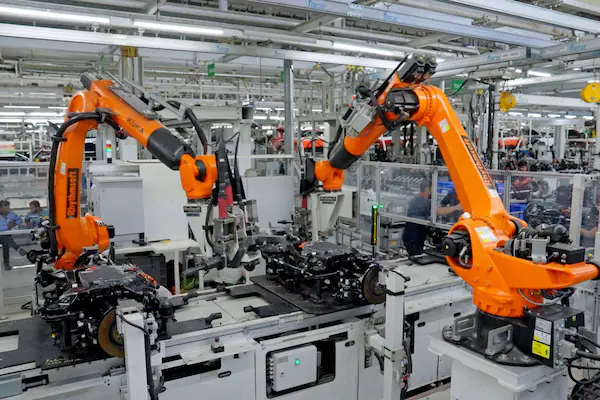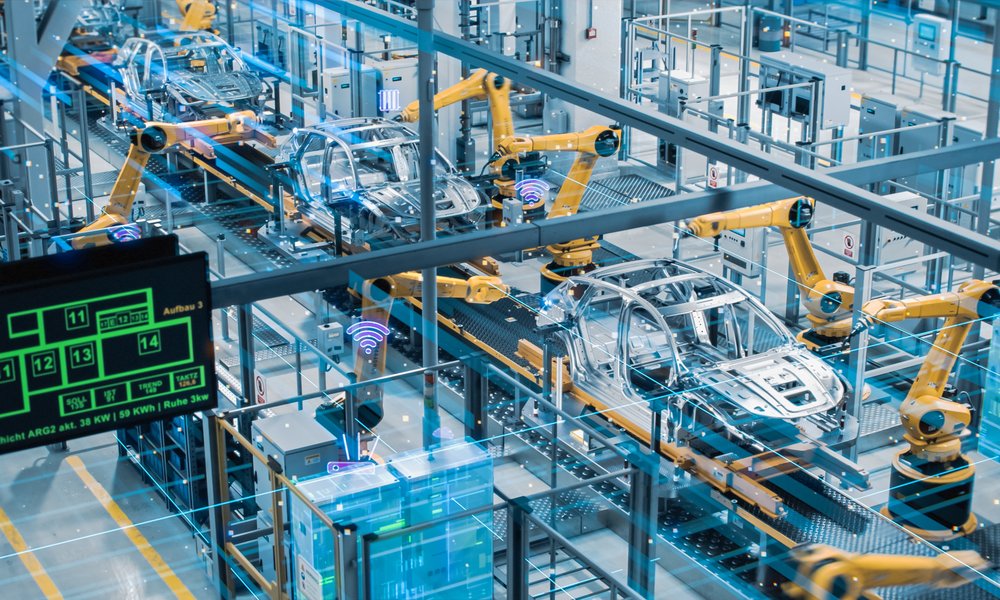When you think of manufacturing in Sheffield, your mind may wander to the city’s rich heritage of steel production and engineering excellence. While those traditions still hold a place of pride, Sheffield’s modern manufacturing scene has evolved dramatically, adopting high-tech processes, automation, and sustainable practices that are transforming the industry.
Whether you’re an entrepreneur, work in the industry, or are simply intrigued by how things are made, here are seven surprising facts about manufacturing today that you might not know but should.
1. Customisation at the Component Level
Manufacturing is no longer limited to the mass production of standard products. It’s also about meeting unique design requirements while maintaining efficiency. For example, traditional off-the-shelf parts and fastenings often require the products to work around them.
That is why manufacturers are now turning towards adaptable solutions like Southco components that can be tailored to work with your specific applications. In a world where product differentiation matters more than ever, these types of components have given manufacturers a serious edge.
2. Unplanned Downtime is Preventable
There are many manufacturers that believe machine downtime is part of the job for maintenance or cleaning. However, there is a workaround for that, only if you invest in smarter systems and processes. A lot of unscheduled stoppages can be avoided if you carry out routine maintenance.
The pharma and biotech industry deals with this by using CIP machines. These machines allow you to clean the production line vessels and equipment without needing you to take apart your systems. Apart from pharma companies, there are other industries that are looking to try these systems as well.
3. Supply Chains are Coming Home
Following the disruptions caused by COVID-19 and Brexit, UK manufacturers no longer rely on offshoring production to cut costs. They are instead trying to bring production closer to home by investing in smarter automated solutions. This system has also encouraged manufacturers to collaborate with local suppliers and strengthen the UK’s manufacturing ecosystem.
Additionally, this shift reduces transportation emissions, shortens lead times, and reduces risk. This move is making operations more efficient and also helping to boost confidence across the entire supply chain.

4. Modern Manufacturing Respects Soft Skills
There were times when manufacturers hired employees solely based on their technical skills. This is not the case anymore. Modern manufacturing workplaces also value soft skills such as leadership, teamwork, communication, and adaptability.
They are also investing in training and development to help build these soft skills in their existing teams. Aside from that, they encourage direct skill-building by arranging factory visits and offering customer interaction opportunities.
5. Operational Efficiency Isn’t Just About Cutting Costs
If you think operational efficiency is just about saving pennies in production costs, you might be wrong. When it comes to manufacturing, you also need to consider how to maximise output in terms of time and resources without burning anyone out.
Manufacturers who invest in smart automation and regularly review their workflows are seeing improvements not just in productivity, but also in employee morale. With rising energy and raw material costs, it is more important than ever to ensure that your operations run smoothly.
6. Industry 4.0 is Changing Everything
We’re well into the fourth industrial revolution, known as Industry 4.0, where smart technologies are now woven into traditional manufacturing processes. Today’s machines are now aided by robotics and IoT-enabled, so that you can monitor and operate them from anywhere.
You could also set up predictive maintenance and AI-driven quality control to improve your existing processes. Only 1% of manufacturers have explored the full benefits of Industry 4.0 so far, and that shows that there is so much more potential for growth.
7. Branding Isn’t Just for Consumer Products Anymore
Manufacturing businesses have always focused more on output and image. They are not too concerned about their own brand, with a lot of companies offering to add their clients’ labels on their products.
Today, they have realised how important it is to do your branding, not just to get customers but also for talent acquisition and investments. It has now become strategically important to invest in your branding strategy and make sure your brand has a unique voice because your clients and your potential employees will Google you before they meet you.
Conclusion
Every product we use today has a story of innovation, adaptation, and manufacturing behind it. The UK’s manufacturing industry is changing more quickly than you might think, especially as we adopt new technologies. They are also now more focused on the human aspect of manufacturing, be it their customers or employees. As a result of adopting these changes, they are also unlocking new opportunities available to them.

